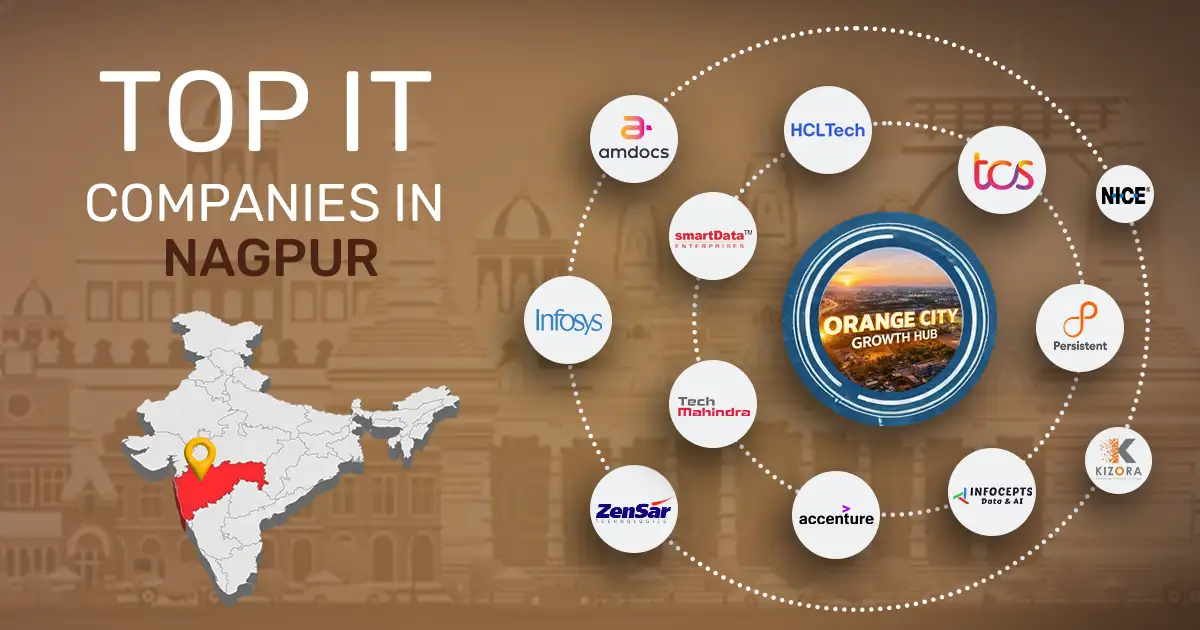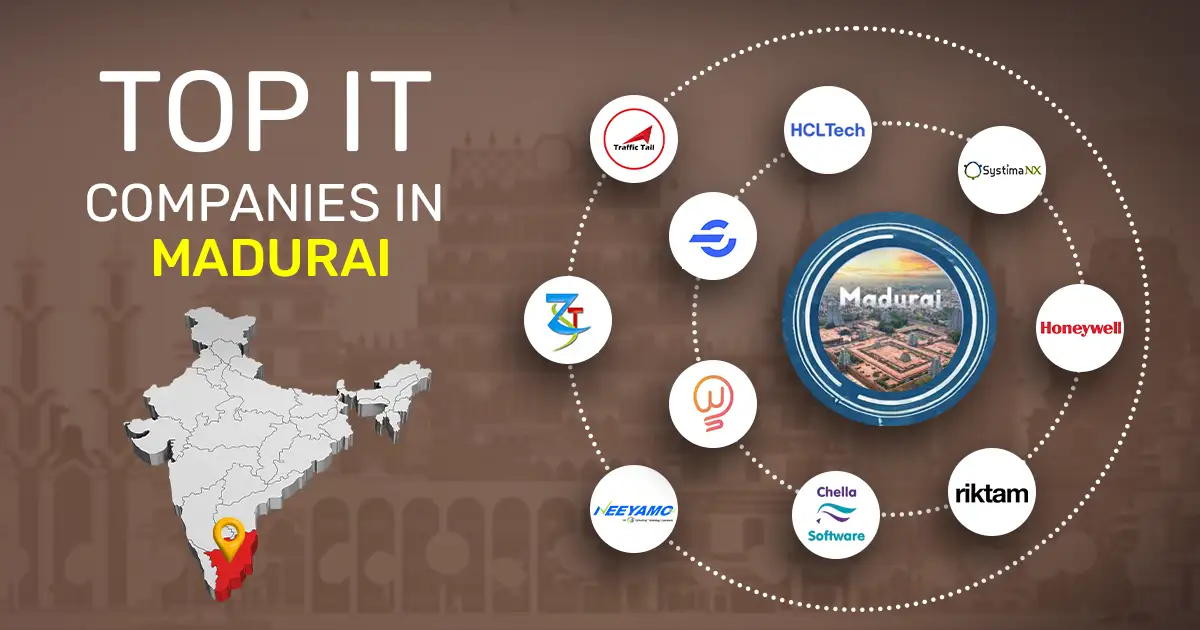
How to Register a One Person Company (OPC) in India: Step-by-Step Guide
Introduction
Are you curious about how to register one person company and wondering if an OPC is the perfect business structure for you?
Welcome to our comprehensive guide, designed to help you understand the entire process of registering a One Person Company in India. This blog is crafted to not only answer your questions on how to register one person company in India but also to guide you through every essential step—from preparation to final registration. Let’s get started!
Starting your venture is an exciting journey, and choosing the right business structure is a critical decision. If you’re an entrepreneur considering the benefits of limited liability while maintaining full control, you might be wondering how to register for one person company.
At RegisterKaro, we ensure a smooth, hassle-free experience so that you can focus on growing your business. In this guide, we provide a detailed walkthrough on how to register one person company online, share important legal insights, and offer expert tips for a successful OPC registration.
What is a One Person Company (OPC)?
A One Person Company (OPC) is a unique corporate structure introduced under the Companies Act, 2013 that allows a single entrepreneur to operate as a distinct legal entity. Wondering how to register one person company? The OPC offers the benefit of limited liability protection while maintaining full control over decision-making. With a single owner, there is no need to worry about conflicts with partners, making it a perfect choice for startups and small businesses.
Key Features of an OPC
- Limited Liability: Your personal assets are safeguarded.
- Separate Legal Entity: Your business is legally separate from you.
- Simplified Compliance: Fewer regulatory requirements compared to traditional companies.
- Complete Control: One owner makes all strategic decisions.
For more details on the legal framework and how to get your One Person Company to be registered take benefits of our services.
Step-by-Step Guide: How to Register One Person Company Online
Are you ready to learn how to register one person company in India effectively? Follow these detailed steps:
Step 1: Prepare the Required Documents
Before initiating the registration process, gather all necessary documents. Having these at hand will make the process smoother.
- Identity Proof: Aadhar card, passport, or voter ID.
- Address Proof: Utility bill, bank statement, or rental agreement.
- Photograph: Recent passport-sized photographs.
- Business Address Proof: Documents that verify the location of your registered office.
- Digital Signature Certificate (DSC): Essential for signing digital documents.
- Director Identification Number (DIN): Mandatory for the sole director.
If you’re wondering how to register for one person company, ensuring all documents are ready is the first key step.
Step 2: Obtain a Digital Signature Certificate (DSC) and Director Identification Number (DIN)
To register your OPC online, you must secure a DSC and DIN. These are crucial for verifying the authenticity of your application.
- Digital Signature Certificate (DSC): Apply for a DSC through certified agencies. For more information, visit the MCA portal.
- Director Identification Number (DIN): Apply for a DIN via the MCA DIN application portal.
Step 3: Name Approval
Now, let’s explore how to register one person company online by choosing an appropriate name for your OPC. Your proposed name should be unique and comply with the naming guidelines of the Companies Act, 2013.
- Check Availability: Use the MCA name search tool to verify name availability.
- Reservation: Once approved, reserve the name through the RUN (Reserve Unique Name) service.
Step 4: Filing the Incorporation Forms
After securing the name, it’s time to file the incorporation forms with the Ministry of Corporate Affairs (MCA). Here’s what you need to do:
- Fill Form SPICe+ (INC-32): This form is used for the incorporation of the company.
- Attach Required Documents: Upload the DSC, DIN, and other mandatory documents.
- Payment of Fees: Pay the requisite fees online.
This process explains how to register one person’s company by ensuring you complete all legal formalities online. For detailed guidelines, refer to the MCA guidelines.
Step 5: Certificate of Incorporation and Registration
Once your application is verified and approved, you will receive a Certificate of Incorporation. This certificate is proof of your company’s legal existence.
- Certificate of Incorporation: Indicates that your OPC is officially registered.
- PAN and TAN Application: After incorporation, apply for the company’s PAN and TAN through the NSDL portal.
By following these steps, you have learned how to register one person company in India and can now start operating your business with confidence.

Benefits of Registering an OPC in India
Are you asking yourself, “Why choose an OPC?” Here are some compelling reasons:
- Enhanced Credibility: Operating as a formal business entity increases trust among investors, banks, and clients.
- Limited Liability Protection: Your personal assets are protected in case of financial or legal liabilities.
- Complete Autonomy: As the sole owner, you have absolute control over business decisions.
- Easy Access to Funding: Banks and financial institutions are more likely to lend money to a registered company.
- Flexibility in Operations: Simplified compliance norms reduce administrative burdens, allowing you to focus on growth.
By understanding how to register one person company online, you can take advantage of these benefits and propel your business forward.
Additional Tips and Best Practices
Are you looking for more tips on how to register one person company online? Here are some best practices to ensure a smooth registration process:
- Double-Check All Details: Incomplete or incorrect information can delay the registration process.
- Consult a Professional: For complex queries, consider seeking advice from a corporate lawyer or a professional service provider like RegisterKaro.
- Stay Updated: Regularly check the MCA website for any changes in the incorporation process or legal requirements.
- Utilize Online Tools: Use online resources and tools the government provides for name availability checks and document submissions.
Following these tips can streamline your journey and to make it easier for you on how to register for one person company without any hiccups contact us.
Frequently Asked Questions
A One Person Company (OPC) is a business structure that allows a single entrepreneur to operate as a separate legal entity with limited liability. It is ideal for solo entrepreneurs who want to maintain control while mitigating personal risk.




